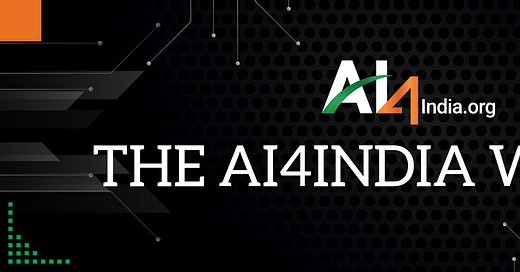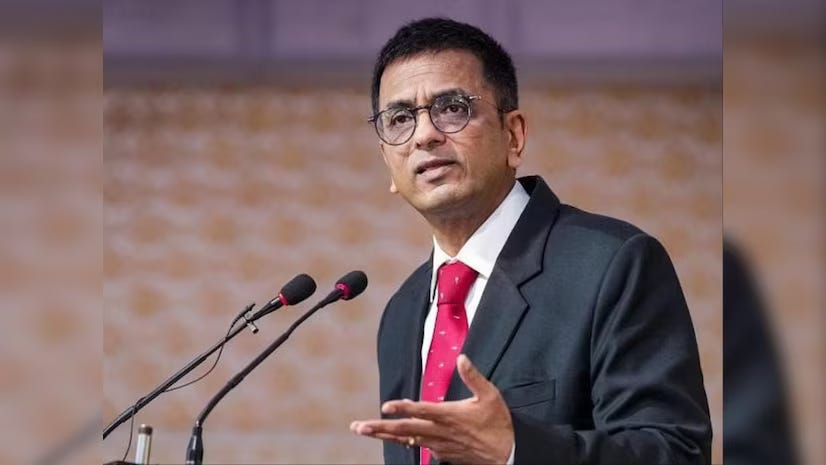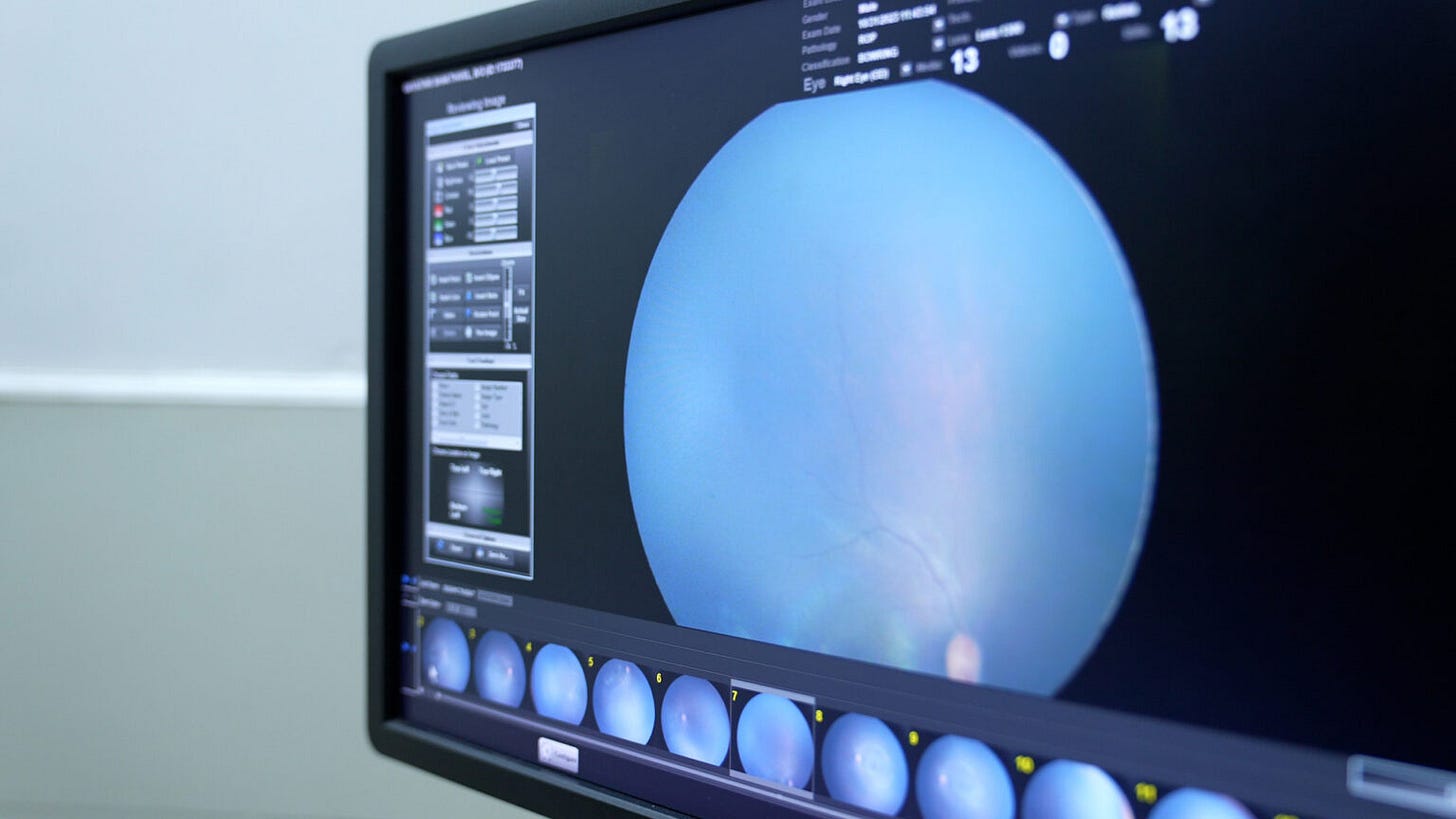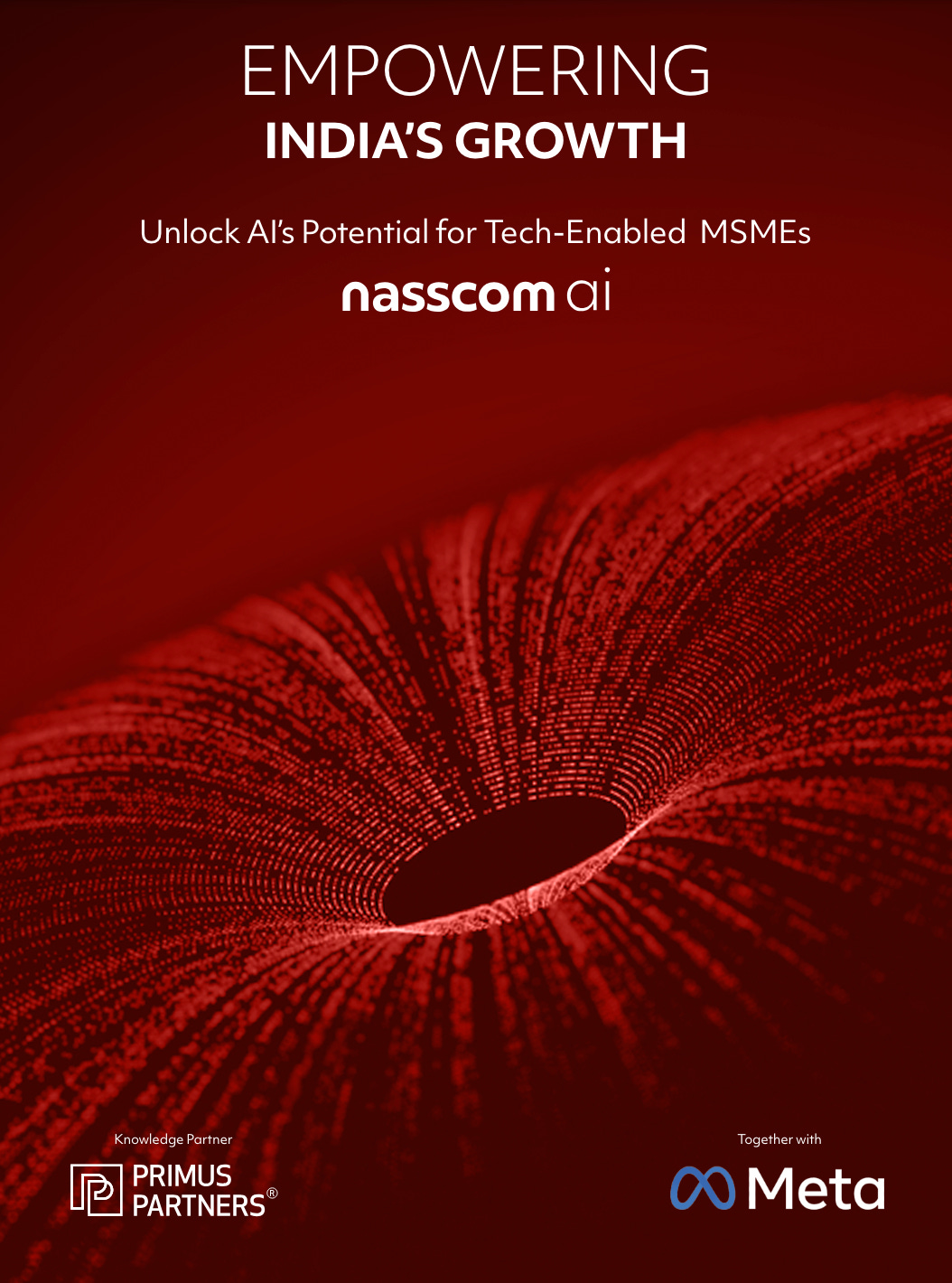Project Indus - Indian LLM Breakthrough?, Claude 3.5 Sonnet's AI Prowess, India's Quantum Computing Ascendancy and More
The AI4India Weekly #7
Welcome to the 7th Edition of The AI4India Weekly!
This week, we dive into groundbreaking developments shaping India's AI landscape and beyond. Tech Mahindra launches Project Indus, a transformative large language model supporting multiple Indic languages, in collaboration with Dell and Intel. Meanwhile, India emerges as a quantum computing powerhouse, ranking second globally in user base, and CP Gurnani defies skepticism with a $5 million Indian LLM development. Anthropic unveils Claude 3.5 Sonnet, setting new benchmarks in AI problem-solving, while CJI Chandrachud advocates cautious AI adoption in the judiciary. Learn how AI is tackling infant blindness and empowering India's MSMEs. This edition brings you insights at the forefront of AI innovation. Dive in to discover these transformative advancements and gain exciting insights from the ever-evolving world of AI.
Tech Mahindra Launches Project Indus Large Language Model (LLM)
Tech Mahindra, a leading global provider of technology consulting and digital solutions, has launched Project Indus, an innovative large language model (LLM) designed to support multiple Indic languages and dialects. The initial phase focuses on Hindi and its 37+ dialects. This groundbreaking project is implemented using the ‘GenAI in a box’ framework, simplifying the deployment of advanced AI models for enterprises. Collaborating with Dell Technologies and Intel, the Indus LLM leverages high-performance computing solutions, Intel® Xeon® Processors, and Intel® Gaudi® AI Accelerators, among other cutting-edge technologies. This partnership aims to deliver scalable AI solutions across various sectors, including healthcare, education, banking, agriculture, and telecom, enhancing operational efficiency and driving innovation.
Nikhil Malhotra, Global Head – Makers Lab at Tech Mahindra, emphasized the significance of Project Indus in redefining the GenAI landscape and providing tailored AI solutions to enterprises. The collaboration with Dell and Intel ensures that businesses can leverage advanced AI capabilities to improve customer support, content creation, and overall productivity. Denise Millard of Dell Technologies and Santhosh Viswanathan of Intel highlighted the importance of accessibility and scalability in AI adoption, expressing their commitment to supporting Tech Mahindra in this pioneering initiative. This project not only marks a significant milestone in the global GenAI landscape but also reinforces Tech Mahindra's dedication to enabling rapid technological advancements and promoting responsible AI deployment. For more details, watch the video below.
India Emerges as Quantum Computing Powerhouse, Ranks Second in Global User Base
India has become a significant player in the global quantum computing arena, ranking second after the US in open-access quantum computing users with around 77,000 users. Jay Gambetta, VP of IBM Quantum, emphasized the substantial opportunities for Indian industries in high-priority applications like sustainability, energy efficiency, and logistics. During his India visit, Gambetta engaged with faculty members from top Indian universities and industry leaders from the manufacturing, energy, and research sectors. He noted India's impressive progress in quantum computing but also mentioned that countries like Japan, South Korea, and some European nations are ahead in investments. IBM actively engages with India’s quantum mission through partnerships, including collaborations with LTIMindtree, IIT Madras, and the Centre for Development of Advanced Computing (C-DAC), focusing on workforce development, industrial and startup growth, and R&D. Read More
CP Gurnani Announces $5 Million Indian LLM Development, Defying OpenAI's Skepticism
At the MachineCon GCC Summit in Bangalore, CP Gurnani, co-founder of AIonOS and former CEO of Tech Mahindra, revealed the creation of an Indian large-language model (LLM) for $5 million in just five months. This achievement responds to OpenAI's Sam Altman's claim that it would be challenging for India to compete in LLM development. Gurnani's model, which can communicate in approximately 40 local languages and dialects, demonstrates India's AI innovation capabilities. Altman had previously expressed skepticism about competing with OpenAI's foundation models on a limited budget but later encouraged startups to innovate uniquely. Read more.
Claude 3.5 Sonnet: Pioneering AI Problem-Solving Beyond Boundaries
Anthropic's latest unveiling, Claude 3.5 Sonnet, marks a significant leap in AI problem-solving capabilities, surpassing industry benchmarks and redefining the landscape of generative AI. This upgraded model excels in multiple areas, demonstrating prowess in undergraduate-level knowledge proficiency, coding skills, and advanced reasoning tasks. Notable achievements include its outstanding performance in benchmarks such as Massive Multitask Language Understanding (MMLU) and HumanEval, highlighting its capacity to handle complex educational, programming, and text comprehension tasks with precision. Beyond technical benchmarks, Claude 3.5 Sonnet showcases exceptional versatility in multilingual math problem-solving and visual reasoning, making it a robust tool across diverse fields from education to creative industries.
Anthropic's Claude 3.5 Sonnet not only sets new standards in AI performance but also promises transformative applications in various sectors. Whether enhancing educational tools, advancing software development capabilities, or enabling innovative creative solutions, Claude 3.5 Sonnet stands at the forefront of AI innovation, offering developers and industries a powerful tool to navigate complex challenges and drive future advancements. Read more
CJI D.Y. Chandrachud Advocates Cautious AI Adoption in Judiciary, Emphasizes Human Empathy
Chief Justice of India D Y Chandrachud emphasized the cautious adoption of Artificial Intelligence (AI) in the judicial system during the East Zone II Regional Conference of the National Judicial Academy in Kolkata. He acknowledged the benefits of technological advancements for justice delivery but expressed reservations about AI's limitations. He maintained that while AI can offer precise calculations, it lacks the empathy and compassion essential for judicial decisions, which human judges provide. CJI Chandrachud noted the potential biases in AI systems, reflecting the perspectives of their designers, and underscoring the importance of human judgment in the legal process. Read more.
AI Collaboration Tackles Infant Blindness in India, Extends Critical Eye Care to Rural Areas
A collaboration between SAP, CleaVision, and the KIDROP program is leveraging AI technology to combat Retinopathy of Prematurity (ROP), a leading cause of blindness in premature babies in India. With over 3 million premature births annually, traditional screening methods are insufficient due to distances from hospitals and a shortage of specialists. The KIDROP initiative trains non-physicians to capture digital eye images in rural areas, which CleaVision's AI then analyzes to detect ROP. This approach prioritizes infants needing urgent care, enabling timely treatment and potentially preventing blindness. The program emphasizes human judgment while leveraging AI to efficiently manage large screening data, extending vital eye care services to underserved communities and offering hope to families. Read more.
Empowering India's MSMEs: Meta and Nasscom's White Paper Highlights AI's Potential and Challenges
A white paper by Meta and Nasscom has outlined the opportunities and challenges that tech-enabled MSMEs face in AI adoption. AI can significantly boost India's micro, small, and medium enterprises (MSMEs), vital to the country's economy. Some findings the white paper mentions include– a strong belief in AI's potential for business growth and productivity, awareness gaps, the need for skilling, and financial constraints. The paper recommends an MSME-first approach with hyperlocal accelerator programs, financial support, skill development, and accessible AI tools to help MSMEs fully leverage AI for growth and innovation. Read more.
NOTE : The views expressed by the authors are their own. AI4India as a forum does not endorse any comments on specific brands, products, platforms or companies.
Join our AI4India.org forum to be a part of the AI revolution in India by visiting our site now.
Follow us on our X and LinkedIn to receive interesting updates and analysis of AI-related news










